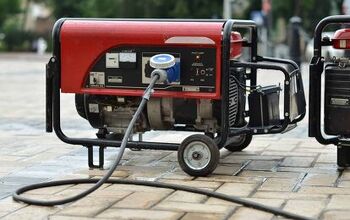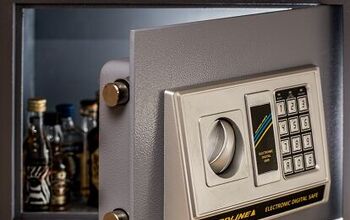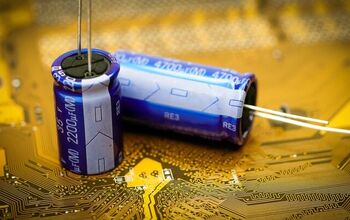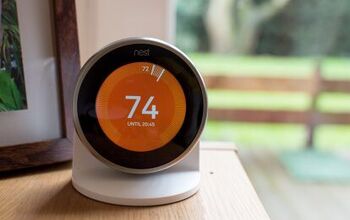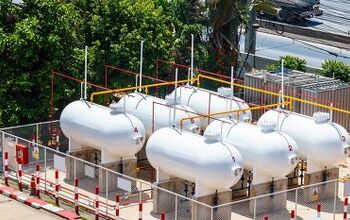What to Consider When Installing an EV Charger in Your Garage

Electric vehicles (EVs) are becoming increasingly popular, and with that comes the need for convenient and accessible charging options. Installing a home electric car charger is a great solution for many EV owners.
Having a home charger provides the convenience of being able to charge your vehicle whenever you need to, without having to go to a public charging station. Although the infrastructure is growing, there are only about 50,000 public charging locations in the US. This can save you time and provide peace of mind when it comes to ensuring that your vehicle is always ready for use. Additionally, charging at home is often less expensive than charging at a public station, especially if you have off-peak electricity rates. By taking advantage of these rates, you can reduce your charging costs and save money in the long run.
With a Level 2 charger, you can easily charge your vehicle overnight, providing you with a full charge and peace of mind while driving. Furthermore, installing a home charger can increase the resale value of your home, making it more attractive to potential buyers who appreciate the convenience and cost savings.
Let’s look at what is required for a charging station installation in your home garage.
Electrical capacity evaluation
Prior to installing a home electric car charger, it is important to have a professional assess your electrical system to ensure that it has the required capacity to handle the additional electrical load. Level 2 chargers typically require a 220-240V electrical circuit with a minimum amperage of 40 amps.
Dedicated parking space
It is important to have a designated parking space near your electrical panel that is suitable for the installation of the charger. This will ensure that the charger is easily accessible and that there is enough space for safe vehicle operation and door opening.
Circuit breaker provision
If your electrical panel does not have a dedicated circuit breaker for the charger, it may be necessary to have a new circuit installed. This should be performed by a licensed electrician in compliance with local electrical codes.
Weather protection
To ensure the longevity and optimal performance of the charger, it is essential to install it in a covered area or to provide weather protection in the form of a weatherproof cover.
Wiring installation
The installation of the charger and the necessary wiring should be performed by a licensed electrician, and the wiring should be properly grounded and comply with all local electrical codes.
Brand compatibility
To ensure compatibility with your electric vehicle, it is important to select a charger that is compatible with your specific brand and model of electric car.
Cost considerations
The cost of installing a home electric car charger may vary, so it is important to budget for the cost of the charger, installation, and any necessary upgrades to your electrical system. A professional assessment can provide a more accurate estimate of these costs.

We are a team of passionate homeowners, home improvement pros, and DIY enthusiasts who enjoy sharing home improvement, housekeeping, decorating, and more with other homeowners! Whether you're looking for a step-by-step guide on fixing an appliance or the cost of installing a fence, we've here to help.
More by Upgraded Home Team










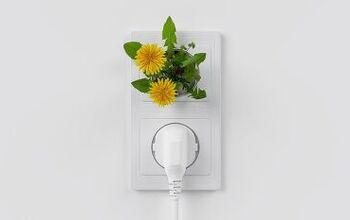
![10 Best Electric Lawn Mowers - [2022 Reviews & Top Rated Models]](https://cdn-fastly.upgradedhome.com/media/2023/07/31/9070486/10-best-electric-lawn-mowers-2022-reviews-top-rated-models.jpg?size=350x220)





